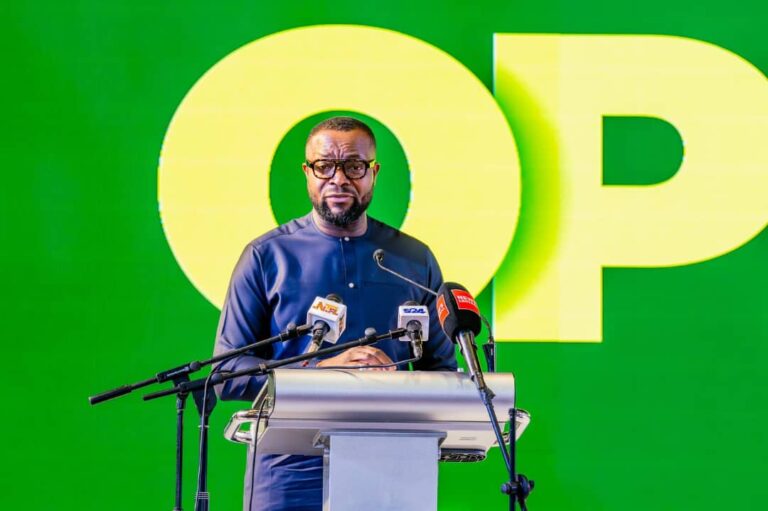Dr. Bosun Tijani, the Minister of Communications, Innovation and Digital Economy, reiterated the Federal Government’s commitment to building a sustainable, inclusive, and globally competitive digital economy. He highlighted that the goal is to fully leverage the digital economy to transform every sector of Nigerian life.
Speaking at the Digital Nigeria International Conference and Exhibition 2025, Dr. Tijani called the gathering a critical platform for “dialogue, collaboration, and actionable strategies” to shape the nation’s digital future.
He took the audience through a historical reflection, noting that the liberalisation of the telecommunications industry in 1999 was the foundational, transformative decision. This shift, which transitioned Nigeria from limited telephone access to pervasive mobile connectivity, birthed a new economy built on ideas and innovation.
The Minister emphasized that the ripple effect of this reform continues to be felt across all sectors, noting that the digital economy now contributes about 18 percent to Nigeria’s Gross Domestic Product (GDP). This clearly demonstrates the sector’s growing importance as a primary driver of national growth and economic diversification.
Dr. Tijani pointed to Nigeria’s global leadership in financial technology (fintech) as the prime example of how digital reform transforms entire sectors:
- Advanced Payment Systems: Nigeria now boasts one of the most efficient and responsive payment systems globally, where transactions are completed instantly, unlike systems elsewhere that often take hours or days.
- Startup Ecosystem: This environment of innovation has fueled a thriving startup ecosystem, which has produced five of Africa’s nine technology unicorns (companies valued over a billion dollars).
The Minister stressed that these achievements underscore the power of visionary leadership and enabling policies in positioning Nigeria as a major player in Africa’s digital landscape.
The Minister praised the administration of President Bola Ahmed Tinubu for embedding technology and innovation as key pillars of the Renewed Hope Agenda, with a focus on inclusivity, youth empowerment, and economic diversification.
Dr. Tijani stressed that the government’s approach transcends mere technology adoption; it’s focused on creating a digital culture that empowers citizens to become producers, not just consumers, of technology.
“Digital Nigeria 2025 is not about technology for its own sake. It’s about people, about ensuring that every Nigerian, regardless of background or location, can benefit from and contribute to our digital future,” he concluded.
The Minister urged participants to use the conference to forge meaningful partnerships that translate discussions into real-world solutions, affirming the clear national vision: “a nation built on prosperity, inclusion, and competitiveness, powered by innovation.”


